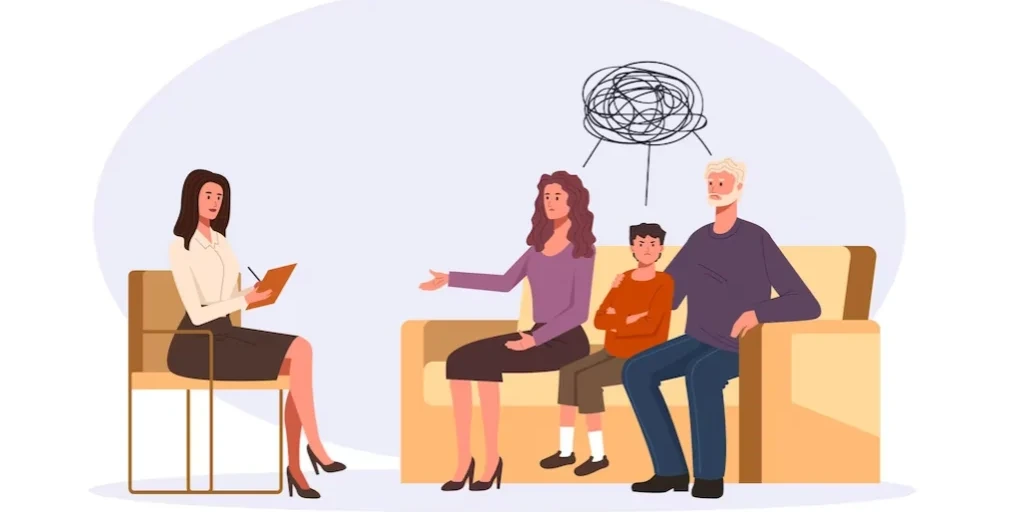24/7 Helpline:
(866) 899-221924/7 Helpline:
(866) 899-2219
Learn more about OCD Treatment centers in Adair County

Other Insurance Options

Multiplan

Self-pay options

Molina Healthcare

Kaiser Permanente

Holman Group

AllWell

Aetna

Health Partners

Excellus

Amerigroup

Lucent

EmblemHealth

Optum

Optima

MHNNet Behavioral Health

ComPsych

CareFirst

Humana

BHS | Behavioral Health Systems

Medical Mutual of Ohio

Preferred Family Healthcare – Jamison Street
Preferred Family Healthcare is a mental health, behavioral health, and dual diagnosis treatment cent...

Mark Twain Behavioral Health
Mark Twain Behavioral Health is a private rehab located in Kirksville, Missouri. Mark Twain Behavior...

Preferred Family Healthcare
Preferred Family Healthcare offers a residential and outpatient program, CPRC, RCF, Prevention, Heal...


































Integrative Wellness Institute
Integrative Wellness Institute is a private rehab located in Kirksville, Missouri. Integrative Welln...

AA – Alcoholics Anonymous
AA – Alcoholics Anonymous is a non-profit rehab located in Kirksville, Missouri. AA – Alcoholics Ano...

















